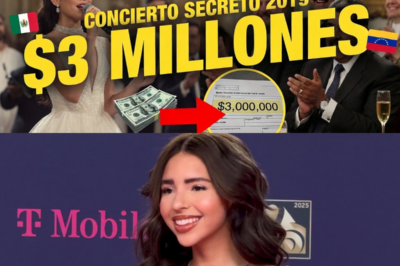In what may become one of the most consequential governance moments in corporate history, Elon Musk has laid down an unmistakable ultimatum to the board and shareholders of Tesla, Inc. — approve his monumental compensation package or risk losing his leadership altogether. The stakes: an eye‑watering proposed pay plan of up to US$1 trillion, tied to ambitious targets for market value, artificial intelligence and robotics.
The Proposal: A Trillion-Dollar Pay Plan
According to multiple reports, Tesla’s board, headed by Robyn Denholm, has proposed to award Musk 12 tranches of stock options contingent on the company achieving aggressive milestones — including a market capitalisation of roughly US$8.5 trillion and breakthrough performance in autonomous vehicles and humanoid robotics.
The board insists the plan is designed to retain Musk for at least the next seven‑and‑a‑half years and aligns his incentives with long‑term value creation.But the hinge: Musk is making clear that if the shareholders do not approve this plan at the upcoming annual meeting (scheduled for 6 November 2025), he may step away from Tesla as CEO. In a letter to shareholders, Denholm warned that rejecting the plan could cost Tesla Musk’s “time, talent and vision.”
What’s the Ultimatum?
In effect, Musk (or the board on his behalf) is presenting investors with a stark choice: accept the compensation package — and in doing so commit to Musk’s leadership and vision for Tesla’s next decade — or face the possibility that Musk walks away and with him the vision of Tesla’s transition into an AI/robotics‑driven future.
The ultimatum underscores how central Musk has become to Tesla’s identity. According to the board’s letter, “Elon Musk’s leadership is critical” as Tesla shifts from being an electric‑vehicle maker to a full‑fledged player in autonomous mobility and robotics.
Context: Why Now?
Several converging pressures have created the backdrop for this showdown:
Tesla is entering a new phase: once purely an electric‑vehicle maker, the company is increasingly positioning itself as an artificial‑intelligence company, developing autonomous driving, robo‑taxis and its humanoid “Optimus” robot initiative.
Shareholder frustration is growing. Some large institutional investors are complaining that Musk’s attention is divided — he is involved in multiple ventures such as SpaceX, xAI and other projects outside Tesla — and that this dynamic raises concerns about his commitment to the company.
Corporate governance concerns: The board’s ability to act independently and protect shareholder interests has been questioned in the past. The 2018 Musk pay deal was struck down by Delaware courts as improperly awarded.Market expectations are extremely high: Tesla’s valuation, the competitive EV landscape, and the emergence of AI/robotics all mean there is little margin for error in the strategy ahead.
Investor Reaction: Support, Oppose and Everything In‑Between
The payoff plan has ignited fierce debate among shareholders, proxy advisors, labour unions and governance watchdogs.
Opponents argue that a compensation package of nearly US$1 trillion is unprecedented, inappropriate and sets a dangerous precedent for executive pay. They question whether Musk will stay focused on Tesla, given his multiple commitments. Several proxy advisory firms (e.g., Institutional Shareholder Services and Glass Lewis) have recommended votingagainst the deal.
Supporters argue that Musk is uniquely positioned to deliver on Tesla’s ambitious growth trajectory and that the plan is entirely performance‑based — Musk only earns if Tesla hits truly stretch targets, aligning his incentives with those of shareholders. The board has made the case that rejecting the plan may risk losing Musk and derailing the company’s future.
Neutral/concerned voices emphasize the need for stronger governance safeguards, clearer metrics, and contingency planning if Musk does depart. The board is reportedly preparing internal succession plans in case the vote fails.
What’s at Stake for Tesla and Musk
For Tesla:
Retention of Musk: Losing the company’s founder‑ceo would send shockwaves through the market, given how much the company’s identity is tied to his vision.
Strategic road map: The proposed package is set to tie Musk’s effort to Tesla’s next phase in AI, robotaxis and autonomy — rejecting the plan could signal that investors are skeptical of that path.
Governance signal: The outcome will reflect how Tesla reconciles founder control with shareholder oversight — a balance critical for any major tech‑oriented company. For Musk:
For Musk:
Continued leadership control: Musk is seeking not just a big pay package, but also greater voting and directional control of Tesla — reportedly he desires roughly 25% voting control.
Freedom to pursue his broader vision: With other companies and ambitions in play, Musk may view this compensation package as a way to commit himself fully (or at least more fully) to Tesla’s future.
Reputation and legacy: Musk’s personal brand is tied to Tesla’s success; getting this deal approved would validate his leadership and ambitions. A rejection could tarnish both.
Key Questions and Risks
Will shareholders approve? The upcoming shareholder meeting is a U.S. proxy vote battleground. If the package is rejected, Musk’s ultimatum looms large.What are the performance targets? The milestones are so ambitious (US$8.5 trillion market value, large‑scale deployment of robotaxis/robots) that many investors question feasibility and timeline.
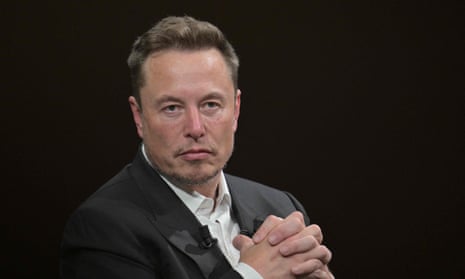
What happens if Musk steps down? The board says it has internal candidates and a Plan B, but questions remain about culture, innovation velocity and market confidence without Musk.
Governance implications: Granting a founder‑CEO such a massive compensation package tied to control risks diluting shareholder voice, undermining board independence and setting up potential conflicts of interest.
Dilution concerns: A massive option award would likely result in considerable dilution of shares, thereby impacting existing shareholder value unless the performance targets deliver.
Distraction risk: Musk’s attention being split among ventures remains a concern; critics argue the compensation plan does little to ensure he devotes the necessary focus to Tesla.
The Broader Implication for Corporate GovernanceThis episode is not just about Tesla — it signals a broader shift in how companies governed by iconic founder‑CEOs are run, valued and held accountable. As companies evolve into complex ecosystems of hardware, software and AI, the question of how to incentivise visionary leadership while maintaining shareholder protections looms large.
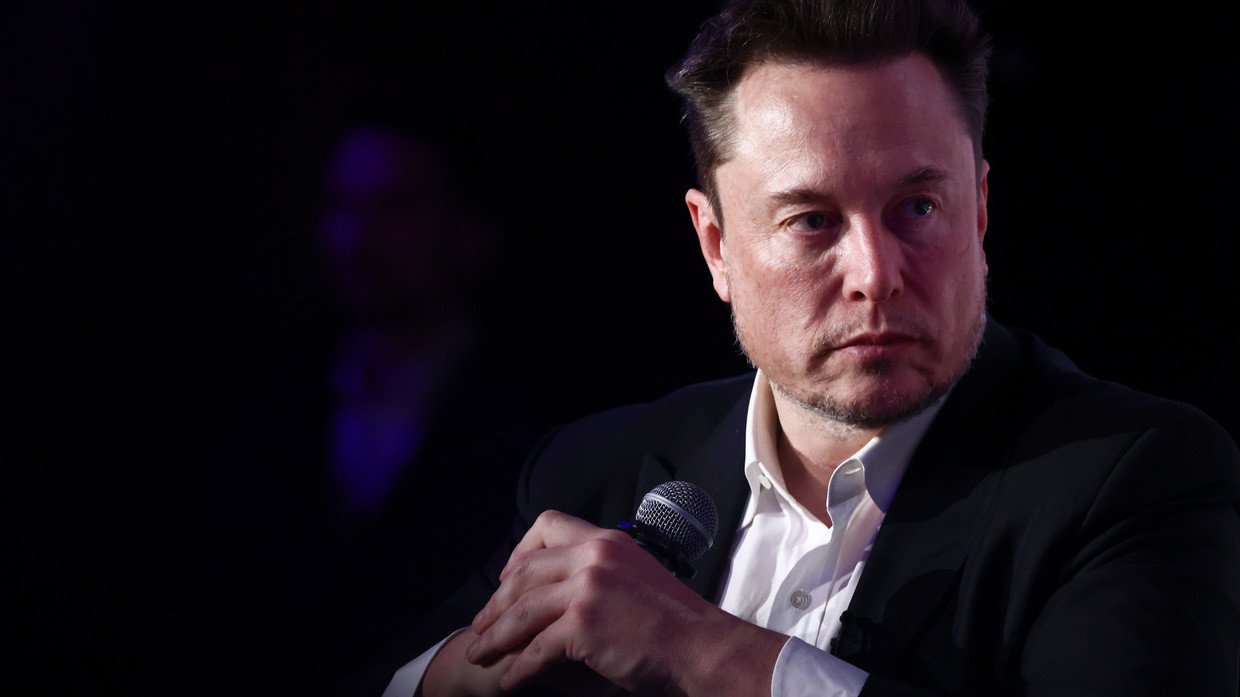
It also raises a sharper question: When a CEO is effectively indispensable to a company’s identity and future, how does the board ensure governance remains strong, the voice of minority shareholders remains protected, and incentives remain aligned? Tesla’s case may become a reference point for debates about founder control, executive pay and shareholder democracy in the tech era.
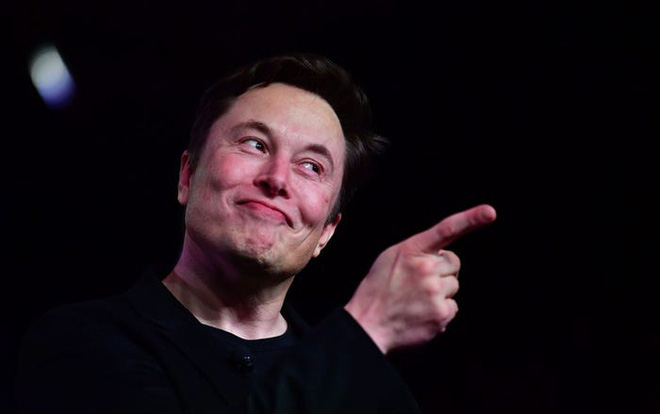
Interim View: What to Watch
The outcome of the November 6 2025 shareholder vote will be pivotal.
Proxy advisory firms’ recommendations and large institutional voting patterns will provide clues to the result.
Tesla’s share price and investor tone in the lead‑up may reflect market sentiment about Musk’s ultimatum.
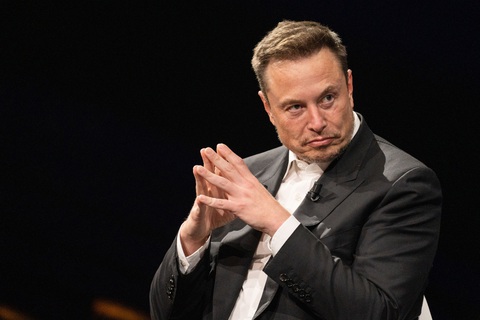
The board’s communications and any fallback plan should the deal fail will be critical.
Musk’s public comments on platforms such as X (formerly Twitter) or in earnings calls may signal his next move.

ConclusionThe showdown between Musk and Tesla’s shareholders has reached a dramatic point: approve his landmark compensation package — or face his potential departure. For a company that has positioned itself as more than a car manufacturer — a paradigm‑shifter in mobility, AI and robotics — the stakes could not be higher.
Whether investors opt to back Musk’s vision via the compensation package or vote it down on governance and control grounds will unfold in the coming weeks. But regardless of the outcome, the episode underscores a stark reality of modern corporate America: when a visionary founder becomes inseparable from the company’s future, the choices for governance and oversight become much more complex.
News
ROCÍO SÁNCHEZ AZUARA EXPONE el SECRETO de ÁNGELA que PEPE PAGÓ por OCULTAR
Ángela tiene un hijo oculto y Pepe pagó para ocultarlo. Mira, miela, Rocío Sánchez Asuara acaba de soltar la bomba…
¡FILTRADO! Ángela Aguilar COBRÓ $3 millones a Maduro: Concierto privado mientras Venezuela moría 😱💰
Escándalo de proporciones internacionales están Aguilar. La familia Aguilar no ha emitido comentario. Exigen explicaciones. Detengan todo. Literalmente detengan lo…
EMILIANO ROMPE EL SILENCIO y LANZA ADVERTENCIA que SALPICA a ÁNGELA AGUILAR
Emiliano Aguilar acaba de explotar públicamente contra su media hermana Ángela con el mensaje más brutal y directo que hemos…
¡Escándalo! Harfuch decomisa un Tesla de oro de Ángela Aguilar: los lujos que Pepe Aguilar pagó y el oscuro secreto detrás 😱💰
¡Escándalo! Harfuch decomisa un Tesla de oro de Ángela Aguilar: los lujos que Pepe Aguilar pagó y el oscuro secreto…
¡NOTICIA IMPACTANTE HACE 15 MINUTOS DESDE EL AEROPUERTO LAX! Shakira salvó silenciosamente el sueño americano de una trabajadora de limpieza del aeropuerto de 57 años, que estaba a punto de ser despedida por el motivo de “ser demasiado mayor para trabajar”. Antes de eso, la empleada había encontrado la cartera de Shakira, que contenía más de 50.000 dólares en efectivo, perdida en la zona VIP, y no tomó ni un solo dólar. Al enterarse de que esta mujer mexicana estaba criando a cuatro nietos huérfanos y estaba a punto de perder su empleo, Shakira llamó de inmediato al director ejecutivo de la empresa de servicios aeroportuarios. No solo logró que la mujer conservara su trabajo, sino que además firmó un acuerdo para patrocinar su salario y su seguro médico —así como los de sus cuatro nietos— durante los próximos diez años.
¡NOTICIA IMPACTANTE HACE 15 MINUTOS DESDE EL AEROPUERTO LAX! El aeropuerto internacional de Los Ángeles fue escenario de una historia…
Shakira Contraataca: El Movimiento Maestro que Desmantela el Imperio de Piqué y Sacude al Mundo
En el complejo tablero de ajedrez en el que se ha convertido la vida pública de Shakira y Gerard Piqué,…
End of content
No more pages to load



